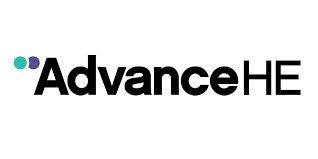The popularity of reflective practice is growing, with the use of mentoring, workshops and diaries becoming commonplace.
Reflection is used to promote learning and greater independence in learning by bringing learning itself to consciousness and making it explicit (Watkins, 2001).
Reflection is a core part of teaching and learning, and can be used to make the learner more aware of their professional knowledge and how they use that knowledge. Historically reflective practice has been embedded in courses that are typically considered practical, like professional degrees in nursing or initial teacher training. As it has been embedded in different disciplines, reflective practice has various interpretations and intellectual traditions depending on the subject discipline (Fook et al, 2006).
Broadly, within Higher Education reflective practice is commonly defined as learning through and from experience towards gaining new insights of self and practice (Finlay, 2008). Indeed, reflective practice is often used to evidence professional development (General Medical Council, 2009).

